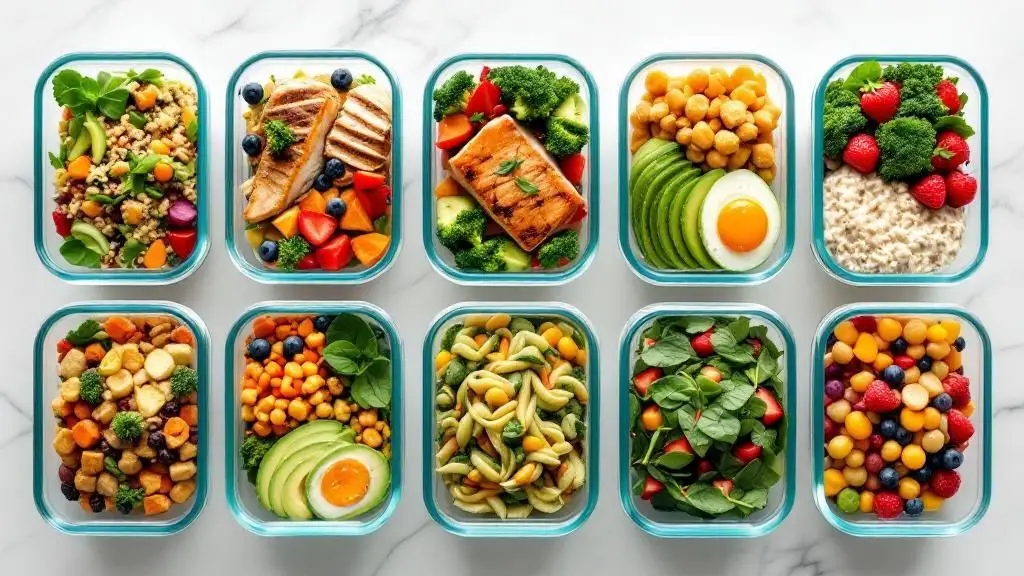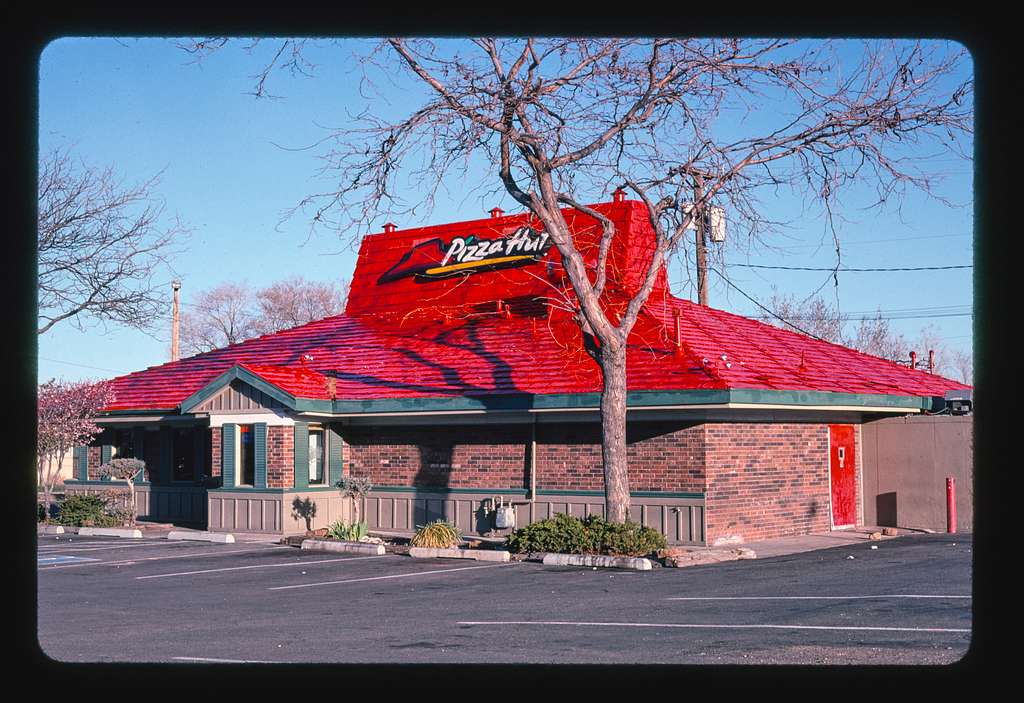
Could Your Sparkling Water Be Toxic?
- May 3, 2024
Be cautious if you love your sparkling water - it might not be as healthy as you think. A potential toxin, PFAS or per- and poly-fluoroalkyl substances, has been discovered in this popular beverage. While these chemicals are known for their resistance to water, oil, grease, and heat, making them suitable for use in food packaging, their effect on human health and the environment is disconcerting. Research has linked them to cancer, autoimmune diseases, thyroid problems, among other health concerns. These substances reportedly take centuries to decompose in the human body and even longer in the environment.
Regrettably, PFAS are widespread, making their way into our seafood and water sources. The perception that bottled and canned water, like sparkling water, is at least equally healthful due to the processing and purification it undergoes, is being contested. A 2020 inquiry by Consumer Reports regarding PFAS levels in 47 different bottled waters, with 12 carbonated variants, found that many of these beverages contained alarming levels of PFAS.
Perrier Natural Sparkling Mineral Water, La Croix Natural Sparkling Water, Canada Dry Lemon Lime Sparkling Seltzer Water, Poland Spring Zesty Lime Sparkling Water, Bubly Blackberry Sparkling Water, Polar Natural Seltzer Water, and Topo Chico Natural Mineral Water all exhibited PFAS levels exceeding the Environmental Working Group (EWG)’s recommended threshold of 1 part per trillion (ppt). This implies that your favorite sparkling water could be more problematic than you may have believed.
Yet, for those devoted to their carbonated water, there is hope. In response to the Consumer Reports study, Topo Chico pledged to make their product healthier. They halved their PFAS levels from 9.7 ppt to 3.9 ppt in 2021. Despite this level still being above the recommended intake, it represents an important incremental improvement.
It’s often though that seltzers are healthier than sugar-laden sodas, but this finding now casts doubt on their reputation. For many, sparkling water is a popular method of staying hydrated, but it can lead to gastrointestinal issues like bloating and reflux for others. If seltzers flare up IBS or other digestive discomforts, it may be prudent to refrain from excess consumption. Similarly, seltzers containing sweeteners or additional elements, like artificial flavors, could be just as harmful to digestive health as diet soda.
Recent federal moves could help mitigate these risks. This April, the Biden-Harris Administration introduced the nation’s first enforceable legal standard for drinking water to protect Americans from PFAS-contaminated water. In the meantime, there are ways to remove PFAS from your home’s water supply. You can use a home test kit or collaborate with a local environmental agency to test your tap water for PFAS. If found, methods such as specific faucet filters or a refrigerator filter can be employed to liberate the water from PFAS. Even the sparkling water can be made at home using a countertop soda maker.
For those who can't live without their bottled water fix, creating and carbonating your own purified water at home could be the healthiest choice for sparkling water connoisseurs.






